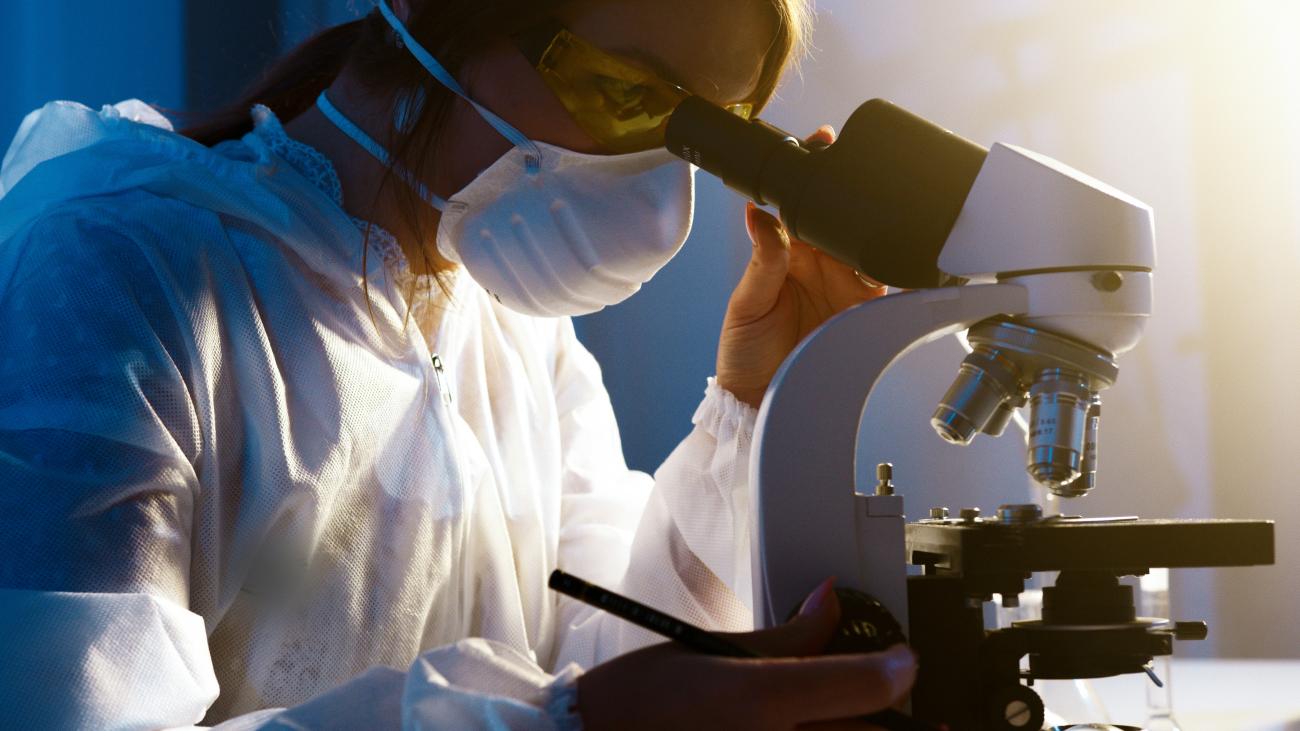Database providing access to the High Technology Network's industrial research offering: research competences, type of analyses and tests available at the Laboratories. Companies can consult the Catalogue to find Laboratories and researchers that match their needs.
Competence
Algorithms for events prediction and classification
Analysis of (clinical) functional requirements
Characterization of microbial components, vegetal and animal species
Characterization of products of microbial origin: biomass, metabolites, natural antibiotics. Conversion and transformation processes of food an by-products
Characterization of the composition of food products
Clinical assessment
Combined stabilization strategies to enhance shelf-life and food safety
Communication protocol
Consumer science
Data analysis and storage, data mining
Design of experiments and protocols
Digital platforms (microcontrollers, DSP, FPGA)
Effects of packaging on the evolution of food microbial population
Ergonomics, neuroergonomics
Evaluation of typicality by flavour analysis, markers of authenticity and chemometrics
Functional validation of prototypes
HW/SW design for resources optimization
Innovative strategies for microbial control: the use of natural antimicrobials and thermal treatments
Interaction between food microorganisms and gut microbiota
Marker identification for the instrumental detection of desired or undesired microflora: set up of markers or indicators
Methods to increase functional molecules and decrease undesired contaminants in local food
Microbial analysis, challenge tests, instrumental analyses
Microbial response to environmental stress: optimization of microbial performance
Microbial strain selection for food production: enzymatic, physiological, and genetic characterization
Microbial strain selection: technological characterization
Microbiological activity in food: risk analysis
Modification of technological processese to improve quality of local products
Modulation of microbial growth and shelf-life evaluation as a function of formulation and storage condition
Molecular analyses for the identification of pathogens and spoilage microorganisms and the evaluation of their impact on final product,
Molecular traceability and chemometrics to define food quality and tipicality
Musculoskeletal modelling
Neurocognitive modelling
Optimization of traditional stabilizing treatment to improve food quality
Otpimization of fermentation conditions: traceability and authenticity of typical or brand fermented food products
Panel test evaluation and sensorial analysis of local food
Physical, chemical, sensorial and microbial characteristics of traditional foods
Power management
Predictive microbiology for shelf-life prevision, for food safety and for innovative products.
Procedures and optimization of microbiological processes in fermented food and feed
Process and plant optimization for fermented foods

